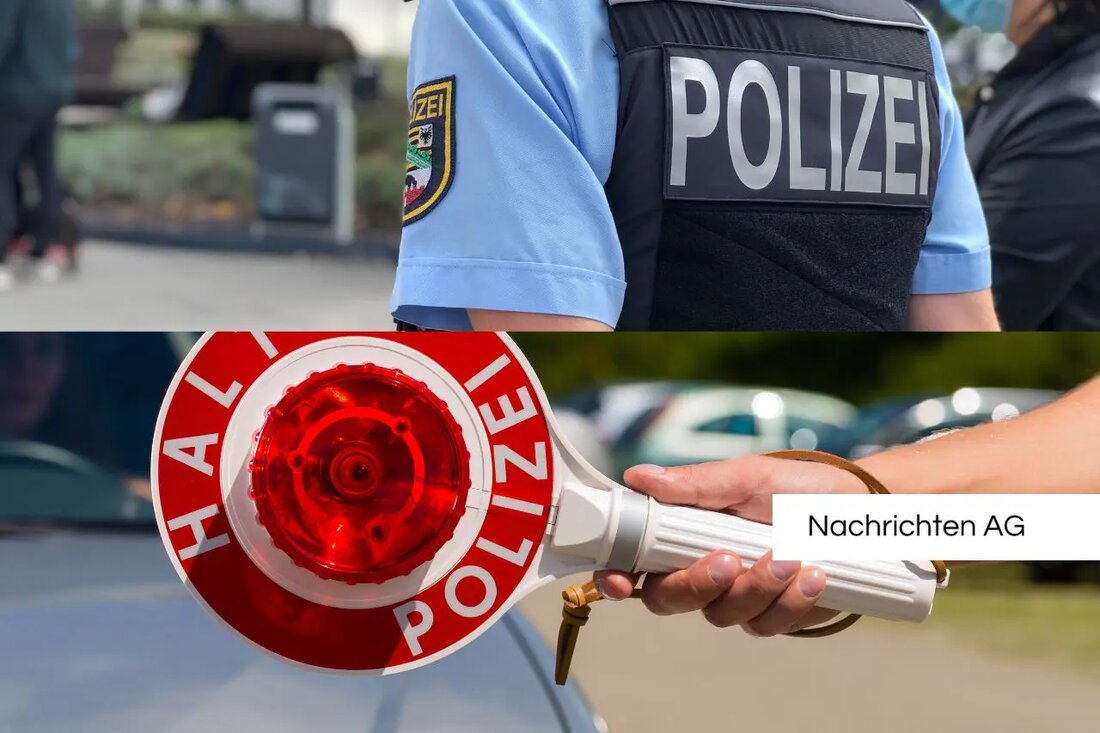Palatinate youth in focus: Lecture on the movement of the 1970s!
Palatinate youth in focus: Lecture on the movement of the 1970s!
In the city of Kaiserslautern, the youth are pushing for changes. A lecture by Maximilian Spaniard on May 7, 2025 at the Institute for Palatinate History and Folklore examines the need for a new youth center with the striking title: "A youth center is needed, otherwise we will no longer give peace!" The focus is on the historical background of young people who fought for self -governing rooms in the 1970s.
Before modern youth work entered Germany, young people searched for leisure activities, especially in rural regions that were not based on consumption and control. The movements from this time became known under the motto "Leisure without controls". The demands for open meeting points became particularly loud, since many small towns did not offer the necessary facilities. A central aspect of the topic is also taken up in the lecture by Spaniards, which analyzes the local protest movements and the influence of the Palatinate Youth Center Movement.
The roots of the youth movement
The activities of the young people in the 1970s found a highlight when a popular restaurant for young people was closed in Mannheim in May 1972. This incident led to massive protests in which hundreds of young people demanded a self -administered youth center. Such movements were strongly inspired by the 68 movement, which culminated in the old Federal Republic. The politics at the time under Willy Brandt promised more democracy, and the youth met this reputation with their own requirements.
David Templin, who wrote comprehensive doctoral thesis on the youth center movement, shows that around 50 percent of the initiatives were successful, even if many often only achieved provisional solutions. At the upcoming Federal Delegate Assembly in September, he will talk about the continuing effects of the movement in Bremen. The youth center movement even led to a change in the Federal Association of Scouts (BDP), which developed from a rather Marxist youth association towards a self -organized association. The BDP was active in some regions and supported the establishment of young centers while it was less present in others.
Current challenges in open youth work
Today there are around 7,000 youth centers in Germany and over 4,000 smaller youth clubs. While the original idea of the self -governing youth centers found many supporters in the 1970s, the context has changed significantly. The legal tasks of youth centers are now less to support freedom and self -determination, but focus on education, qualifications and advice. Open youth work has lost importance and many youth clubs are faced with a decline in the number of visitors.
In times of shopping malls and countless leisure activities, many young people spend their time outside the traditional youth clubs and thus lose contact with trustworthy adults. The challenges with which the facilities are confronted are tightened by social problems and precarious conditions. Klaus Hurrelmann, a renowned youth researcher, describes a new generation that is increasingly inhabitant in the common good, which does not necessarily lead to an increase in political engagement.
The situation in Kaiserslautern and beyond is not only a look back at the past, but also an urgent appeal to find creative solutions for contemporary youth work. Maximilian Spaniard's lecture will encourage you to think about how a new youth center can meet young people's needs. Admission to the event is free and interested parties can also participate virtually.
| Details | |
|---|---|
| Quellen | |


Kommentare (0)